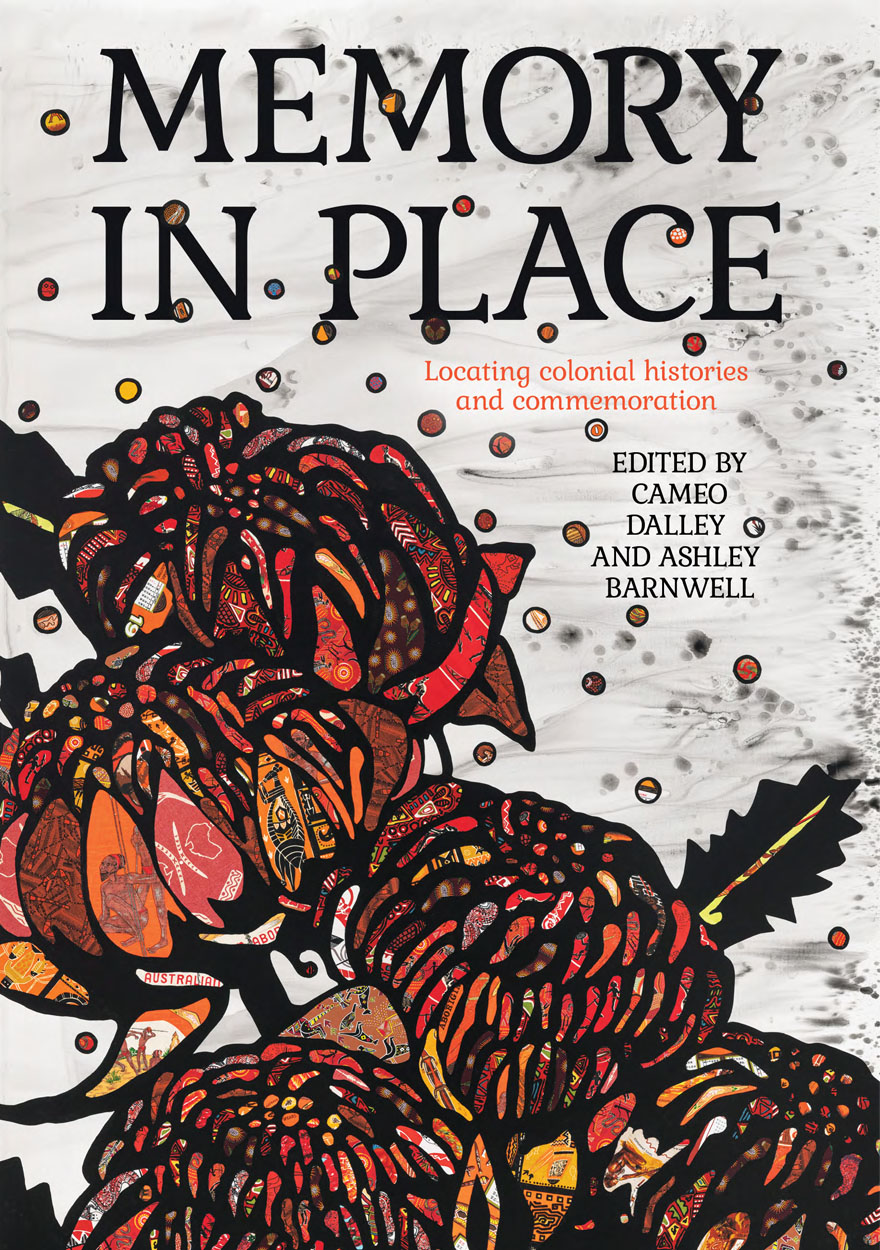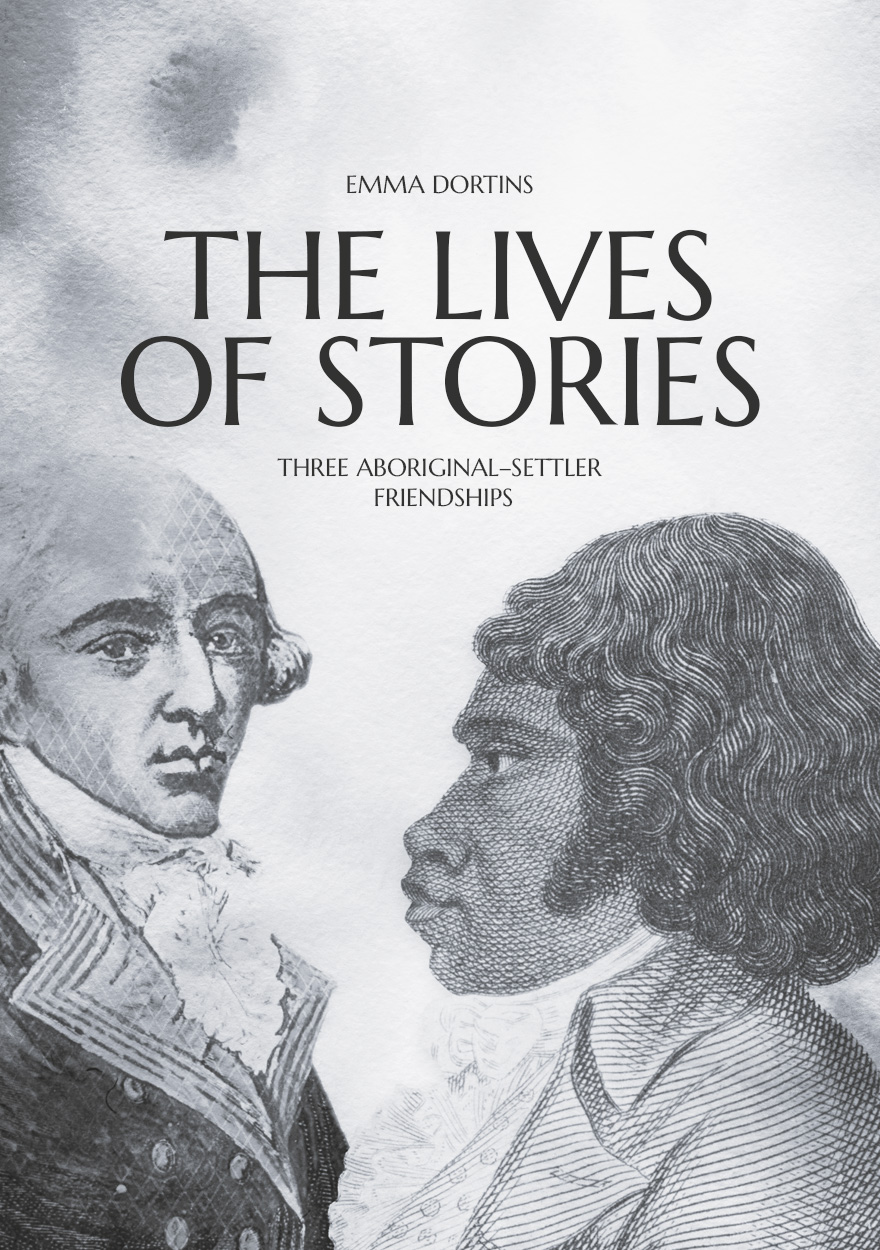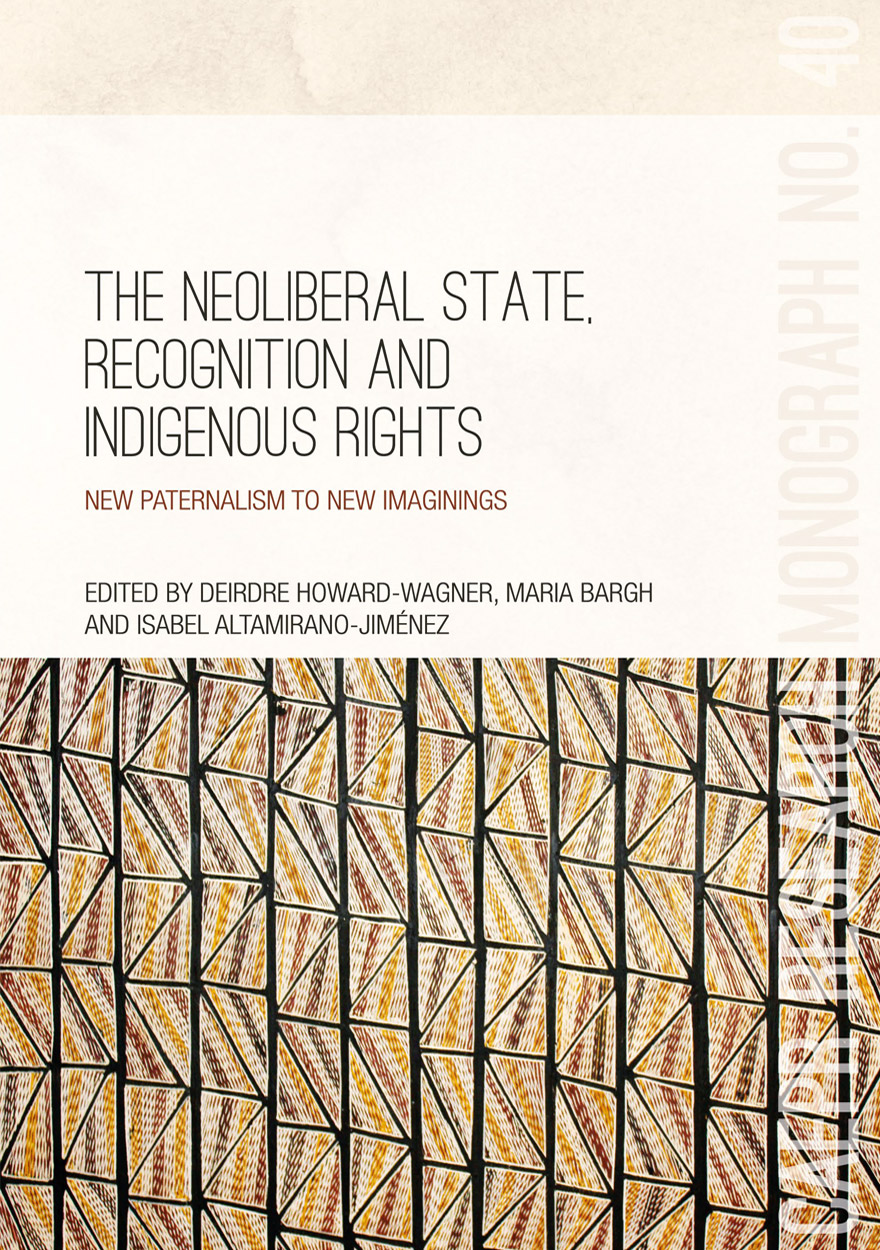
Indigenous Mobilities
Across and Beyond the Antipodes
Edited by: Rachel StandfieldPlease read Conditions of use before downloading the formats.
Description
This edited collection focuses on Aboriginal and Māori travel in colonial contexts. Authors in this collection examine the ways that Indigenous people moved and their motivations for doing so. Chapters consider the cultural aspects of travel for Indigenous communities on both sides of the Tasman. Contributors examine Indigenous purposes for mobility, including for community and individual economic wellbeing, to meet other Indigenous or non-Indigenous peoples and experience different cultures, and to gather knowledge or experience, or to escape from colonial intrusion.
‘This volume is the first to take up three challenges in histories of Indigenous mobilities. First, it analyses both mobility and emplacement. Challenging stereotypes of Indigenous people as either fixed or mobile, chapters deconstruct issues with ramifications for contemporary politics and analyses of Indigenous society and of rural and national histories. As such, it is a welcome intervention in a wide range of urgent issues. Second, by examining Indigenous peoples in both Australia and New Zealand, this volume is an innovative step in removing the artificial divisions that have arisen from “national” histories. Third, the collection connects the experiences of colonised Indigenous peoples with those of their colonisers, shifting the long-held stereotypes of Indigenous powerlessness. Chapters then convincingly demonstrate the agency of colonised peoples in shaping the actions and the mobility itself of the colonisers.
While the volume overall is aimed at opening up new research questions, and so invites later and even more innovative work, this volume will stand as an important guide to the directions such future work might take.’
— Heather Goodall, Professor Emerita, UTS
Details
- ISBN (print):
- 9781760462147
- ISBN (online):
- 9781760462154
- Publication date:
- Jun 2018
- Imprint:
- ANU Press
- DOI:
- http://doi.org/10.22459/IM.06.2018
- Series:
- Aboriginal History Monographs
- Co-publisher:
- Aboriginal History
- Disciplines:
- Arts & Humanities: Cultural Studies, History; Social Sciences: Indigenous Studies
- Countries:
- Pacific: New Zealand
PDF Chapters
Please read Conditions of use before downloading the formats.
If your web browser doesn't automatically open these files, please download a PDF reader application such as the free Adobe Acrobat Reader.
To copy a chapter DOI link, right-click (on a PC) or control+click (on a Mac) and then select ‘Copy link location’.
- Moving Across, Looking Beyond (PDF, 0.2MB) – Rachel Standfield doi
- Crossing Boundaries: Tracing Indigenous Mobility and Territory in the Exploration of South‑Eastern Australia (PDF, 0.2MB) – Shino Konishi doi
- Mobility, Reciprocal Relationships and Early British Encounters in the North of New Zealand (PDF, 0.2MB) – Rachel Standfield doi
- ‘A Defining Characteristic of the Southern People’: Southern Māori Mobility and the Tasman World (PDF, 0.2MB) – Michael J. Stevens doi
- Entangled Mobilities: Missions, Māori and the Reshaping of Te Ao Hurihuri (PDF, 0.2MB) – Tony Ballantyne doi
- ‘As Much as They Can Gorge’: Colonial Containment and Indigenous Tasmanian Mobility at Oyster Cove Aboriginal Station (PDF, 0.2MB) – Kristyn Harman doi
- Looking Out to Sea: Indigenous Mobility and Engagement in Australia’s Coastal Industries (PDF, 0.2MB) – Lynette Russell doi
- Miago and the ‘Great Northern Men’: Indigenous Histories from In-Between (PDF, 0.2MB) – Tiffany Shellac doi
- Indigenous Women, Marriage and Colonial Mobility (PDF, 0.2MB) – Angela Wanhalla doi
- Pāora Tūhaere’s Voyage to Rarotonga (PDF, 0.2MB) – Lachy Paterson doi
- Reconnecting with South‑East Asia (PDF, 0.2MB) – Regina Ganter doi
Reviews
‘A welcome addition to scholarship which actively seeks Indigenous–Indigenous connection and recognition of our shared region, Indigenous Mobilities asks what happens when we read Māori and Aboriginal mobility alongside each other. The picture that emerges is a richly hued canvas of lives fully lived and places fully inhabited against a backdrop of colonial oppression.’
—Arini Loader, The Journal of New Zealand Studies, 2019
Other publications that may interest you













